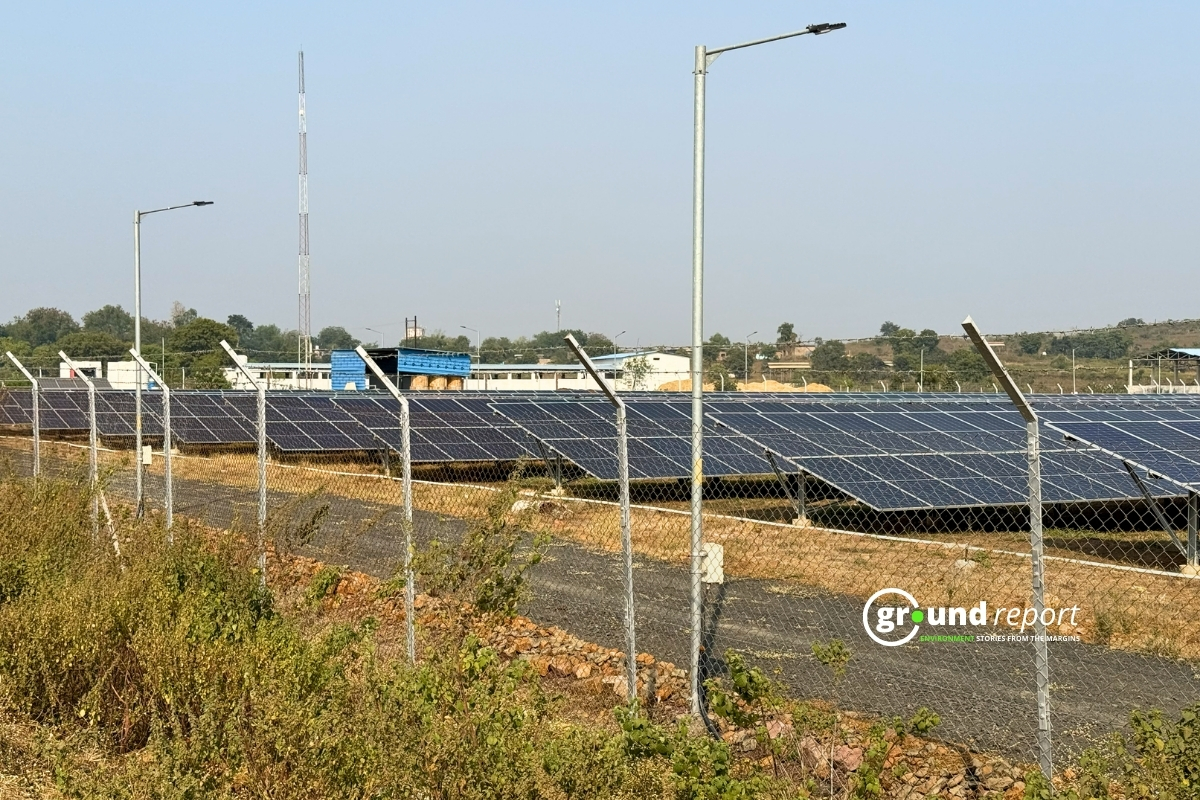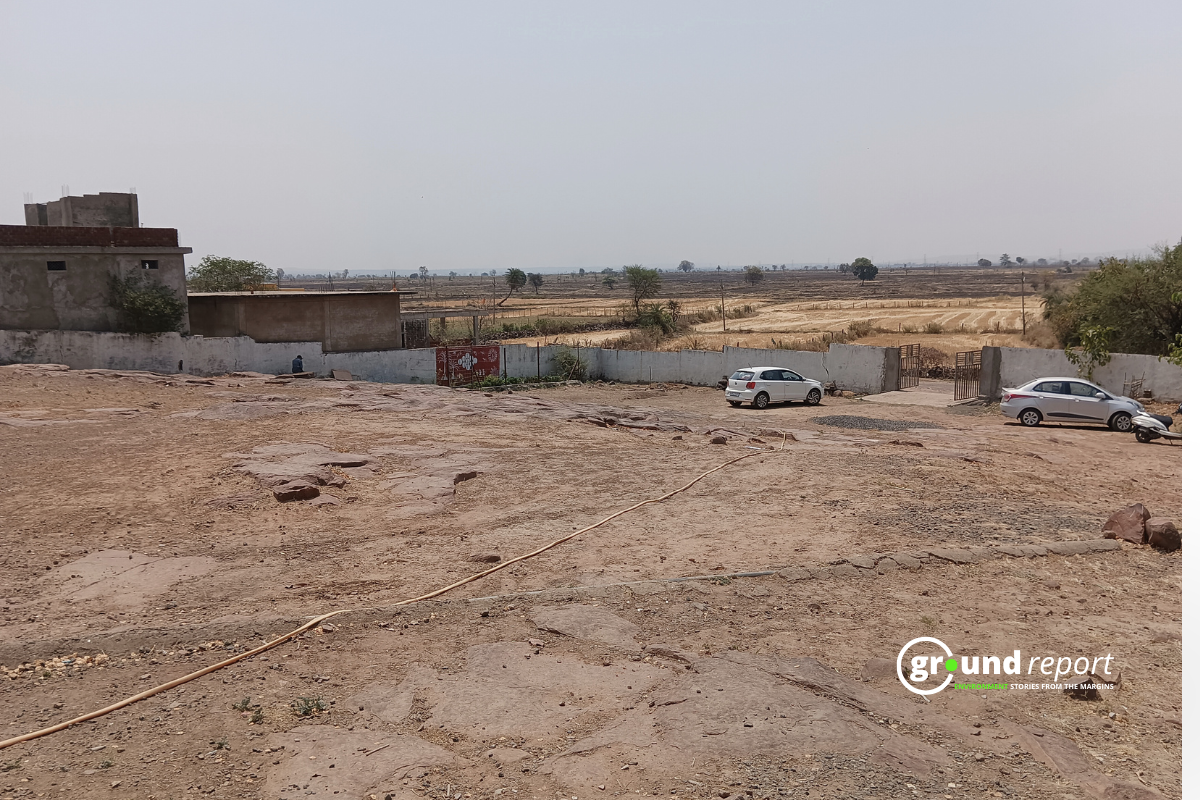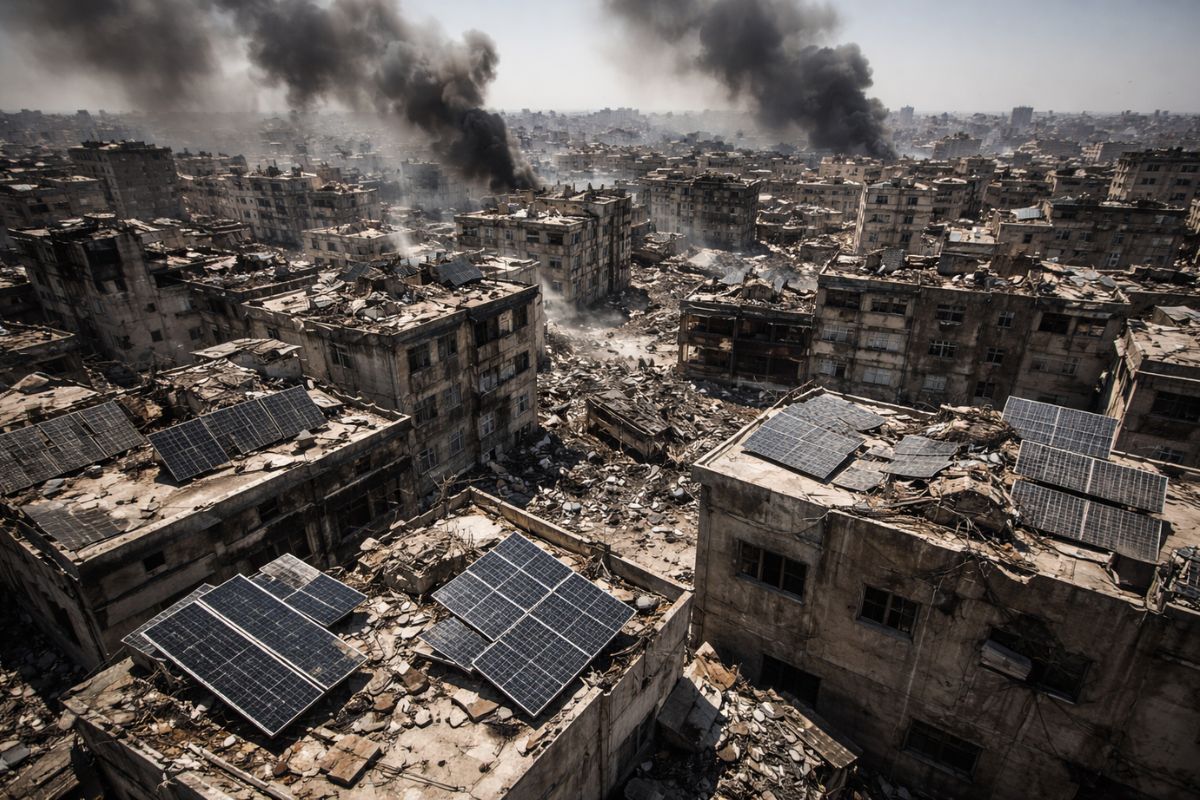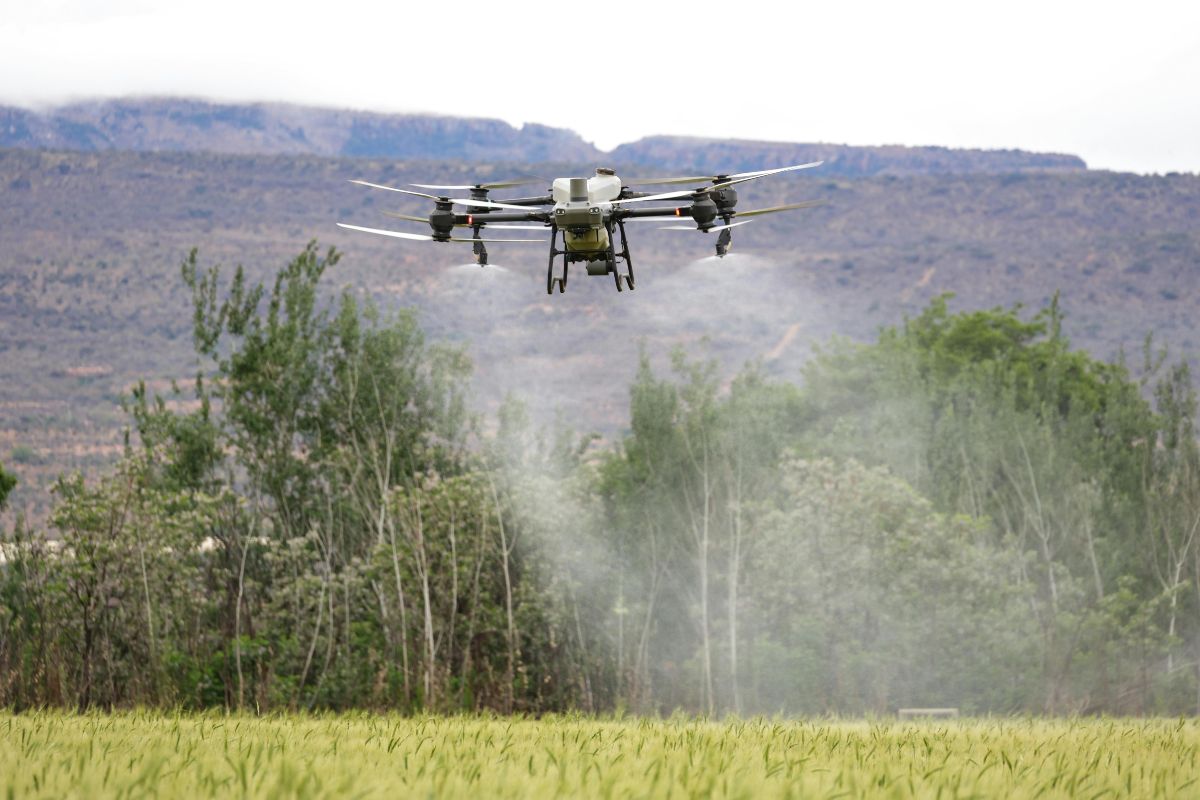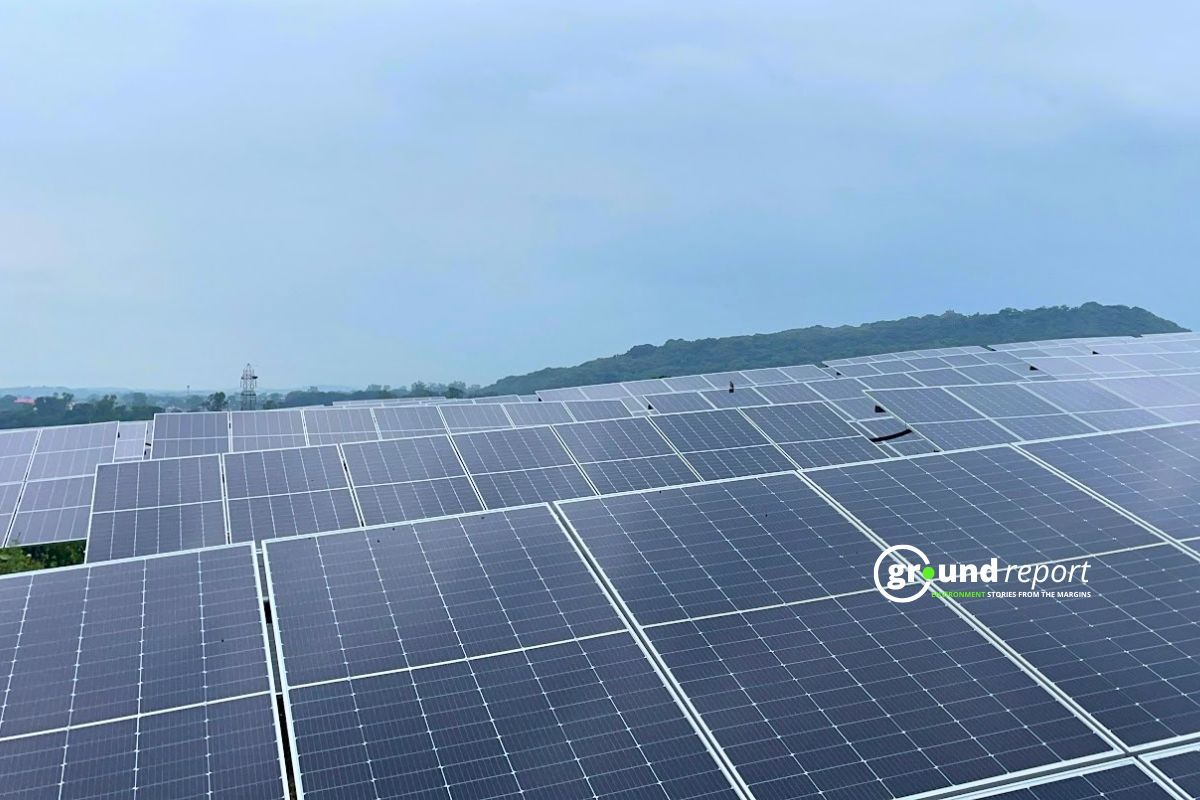A large number of bats have been seen to die from extremely high temperatures in a village in Odisha. The Kabatabandha village in Odisha has witnessed an increased number of deaths of bats in their own habitat.
According to a forest department official, at least eight bats have been found dead in Odisha’s Jajpur district due to increased temperature and heat waves.
Kabatabandha village under Dharmasala block is the habitat for bats. The prevailing heat waves and the dry temperature has killed many bats within their own habitat.
The bats are considered a good luck sign by the locals. When the locals were informed that bats are dying in their district they rushed to the spot and started spraying cool water on them. They tried to do everything to save the dying bats from the scorching heat.
A local forester Md Sakir Housen said on Monday, “As the bats get direct exposure to the heat wave, they fall and die”.
Keshab Chandra Sahu, a villager of Kabatabandha said that they are protecting bats as the bats are considered sacred by the locals. They make the village a unique place for the people.
The met office stated that Odisha’s Mayurbhanj district became the hottest place in the state of the day. The place has recorded a temperature of up to 44.2 degrees. There has been a 6.1-degree celsius rise from the normal temperature.
Why are bats important?
Bats are pollinators they transfer pollen from the male part of a flower (the anther) to the female part (the stigma), allowing fertilization and reproduction of the plant. Without pollinators, we will not get our food. That’s why pollinators are important for human survival, and they are in danger due to climate change.
Examples of pollinators include bees, butterflies, birds, bats, and even some mammals like possums and rodents.
Keep Reading
Part 1: Cloudburst in Ganderbal’s Padabal village & unfulfilled promises
India braces for intense 2024 monsoon amid recent deadly weather trends
Support us to keep independent environmental journalism alive in India.
Follow Ground Report on X, Instagram and Facebook for environmental and underreported stories from the margins. Give us feedback on our email id greport2018@gmail.com.
Don’t forget to Subscribe to our weekly newsletter, Join our community on WhatsApp, and Follow our YouTube Channel for video stories.

